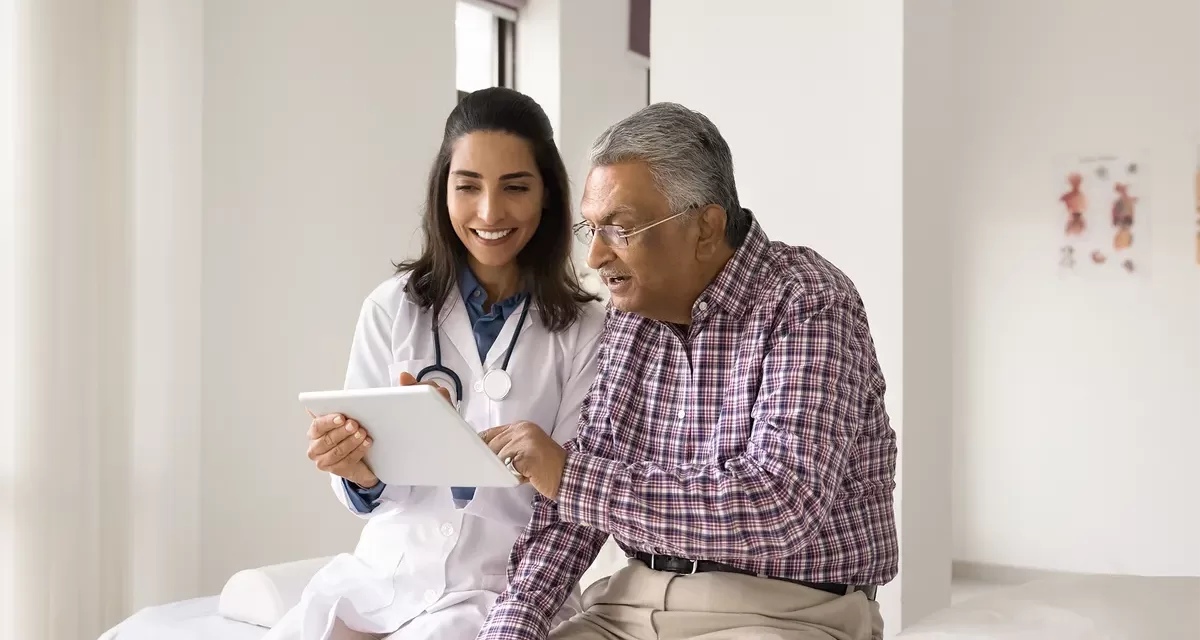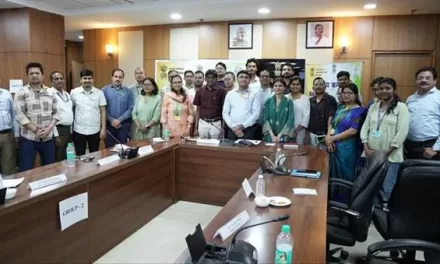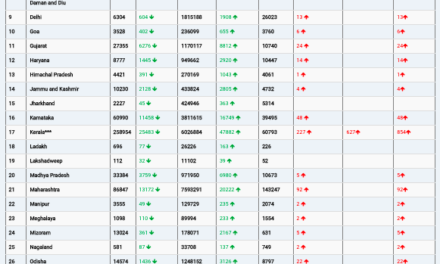Researchers at UC San Diego Reveal How Housing and Food Insecurity Hinder Routine Cancer Screenings
A recent study from researchers at the University of California San Diego (UCSD) and partnering institutions underscores the significant impact of social risks—such as housing and food insecurity—on cancer screening access, even for patients with healthcare availability. The findings, published in JNCI Cancer Spectrum, suggest that social determinants of health, rather than lack of access to care, are key barriers to routine cancer screenings, which are crucial for early cancer detection and prevention.
The study, led by Matthew P. Banegas, Ph.D., M.P.H., associate professor at UCSD, analyzed electronic health record data from community health centers and rural hospitals across the U.S., serving underprivileged populations. The research aimed to examine how social risks influence the likelihood of receiving and completing screenings for cervical, colorectal, and breast cancers. It involved 186 community-based healthcare organizations (CBHCOs) across 13 states, which cater to low-income, rural, and immigrant populations—groups with higher social risk burdens.
Despite having access to health services, patients facing social risks such as food insecurity, housing instability, and transportation challenges were found to be less likely to receive timely cancer screening orders and more likely to fail to complete screenings once ordered. The study challenges the common belief that lack of healthcare access is the primary issue. “It’s well-established that social risks contribute to negative health outcomes, including cancer risk,” said Banegas. “But our research provides insight into how these risks directly affect cancer prevention.”
Key findings of the study include:
- Lower Screening Rates: Health care providers were less likely to order cancer screenings for patients with food insecurity, and cervical cancer screenings were especially low among patients facing transportation insecurity.
- Completion Gaps: Patients with food insecurity were less likely to complete cervical and colorectal cancer screenings, while those with transportation insecurity struggled to complete colorectal screenings. Notably, breast cancer screenings did not show significant completion disparities among socially at-risk patients.
- Higher Primary Care Visits: The study revealed that patients experiencing social risks attended more primary care visits, suggesting that access to healthcare was not the main barrier to screening. However, the urgency of addressing social risks like food insecurity may shift focus away from preventive measures such as cancer screenings.
“These results highlight the complex pathways through which social risks impede timely cancer screenings,” said Rachel Gold, Ph.D., M.P.H., senior author and director of the implementation science program at OCHIN. “Cancer screenings save lives, and ensuring that they are equitably accessible is vital for improving health outcomes.”
The study also found that interventions tailored to address specific social risks could enhance access to screenings and improve patient outcomes. For instance, mobile mammography clinics have proven successful in improving access to breast cancer screenings, but more strategies are needed for colorectal and cervical cancer.
Banegas emphasized the importance of addressing social risks proactively. “The recent mandate by the Centers for Medicare and Medicaid Services (CMS) to screen patients for social risks is a step in the right direction,” he said. “However, healthcare systems need to take a more holistic approach, identifying and addressing these factors early on to ensure that patients receive comprehensive care.”
The research suggests that healthcare providers need to be more mindful of the social risks their patients face and implement strategies that consider the broader context of their lives. “Investing in prevention and early intervention can reduce long-term healthcare costs and improve health outcomes significantly,” Banegas concluded.
The study’s co-authors include experts from OCHIN, Oregon Health & Science University, UC San Francisco, and Massachusetts General Hospital.
For more details, refer to the study: Social Risk Factors and Cancer Prevention Care among Patients in Community Health Care Settings, JNCI Cancer Spectrum (2024). DOI: 10.1093/jncics/pkae115.












